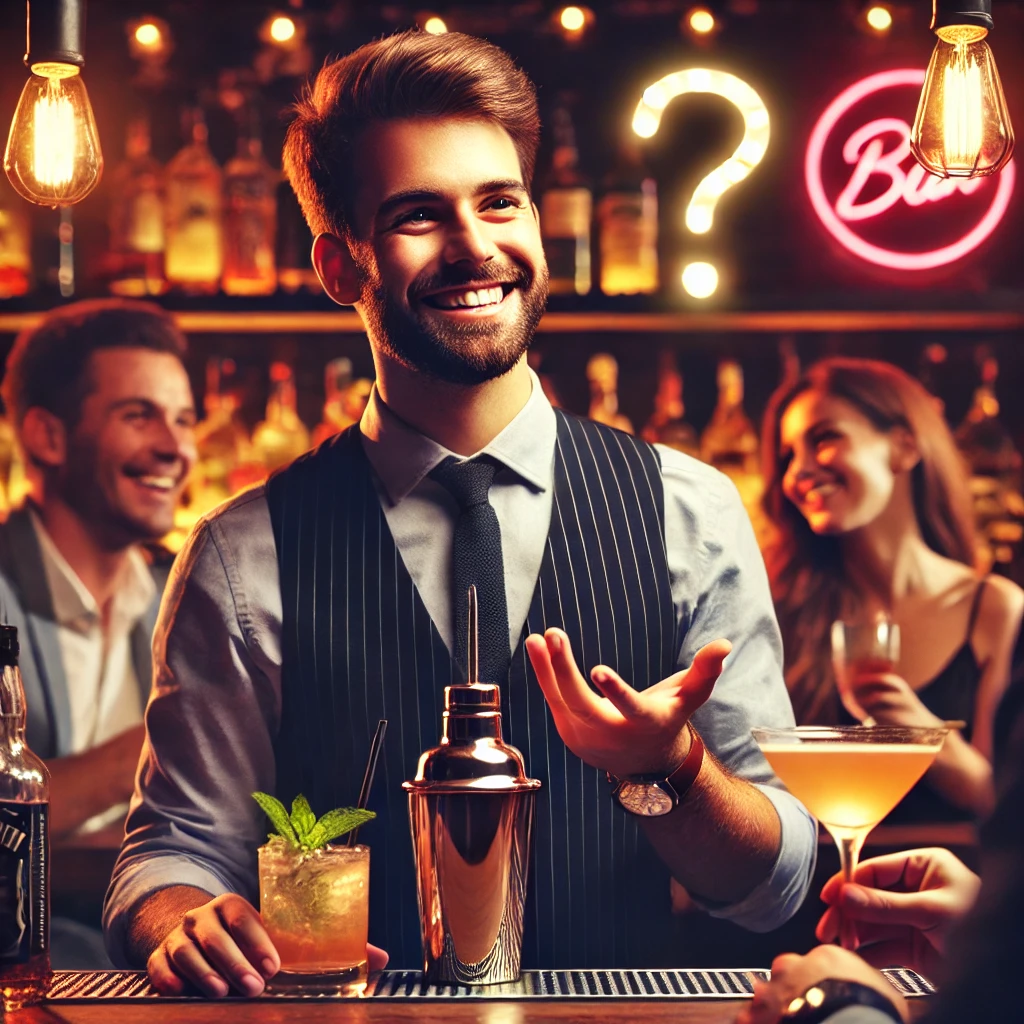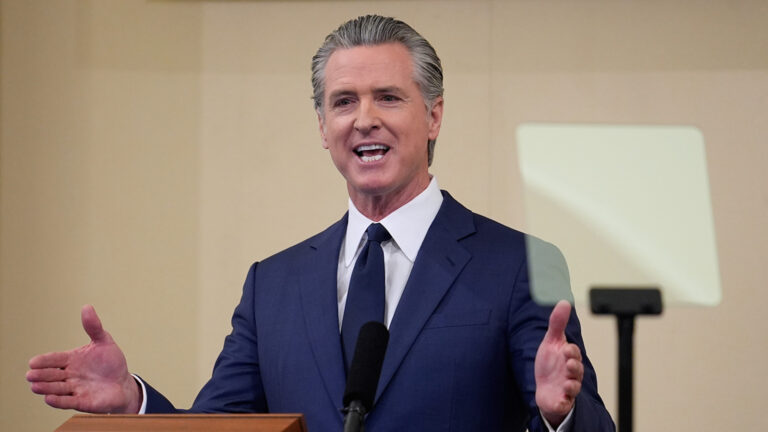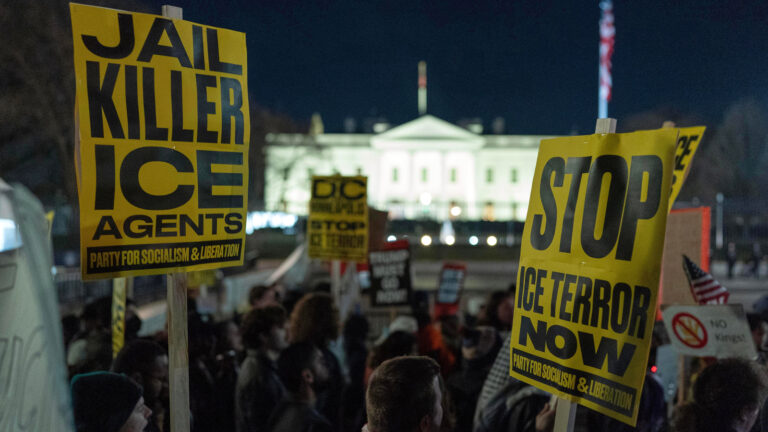
Introduction
If you’ve ever visited a lively bar, you may have wondered: Are bartenders allowed to drink on the job? The answer isn’t always straightforward, as it depends on laws, company policies, and the establishment’s culture. While some bars embrace the tradition of bartenders having a drink with patrons, others enforce strict no-drinking policies.
In this article, we’ll explore the legal landscape, industry norms, potential risks, and the impact drinking on the job has on bartenders and businesses.
Legal Considerations: What the Law Says
State and Local Regulations
Alcohol laws vary widely across states and countries. In some jurisdictions, bartenders are legally prohibited from consuming alcohol while working. Other places may allow it, but only under specific conditions, such as maintaining a low blood alcohol level.
Liquor License Compliance
Many establishments operate under liquor licenses that strictly forbid employees from consuming alcohol while on duty. Violating these rules can lead to hefty fines, license suspension, or even permanent revocation.
Liability Issues
If a bartender drinks on the job and serves a visibly intoxicated customer who later causes harm (e.g., a DUI accident), the bar could face serious legal consequences under dram shop laws.
Industry Norms and Workplace Policies
Corporate vs. Independent Bars
- Corporate chains (e.g., hotel bars, major franchises) tend to enforce strict no-drinking policies.
- Independently owned bars and nightclubs may have more relaxed attitudes toward bartenders drinking, often depending on the owner’s preference.
Shift Drinks: A Common Perk?
Some bars offer “shift drinks”—a free drink after work—as a compromise. Others may allow bartenders to have a drink during their shift but in moderation.
Customer Experience and Workplace Culture
In some settings, bartenders drinking with customers may be seen as fostering a fun, social atmosphere. However, in professional settings, staying sober ensures better service and professionalism.
Risks of Bartenders Drinking on the Job
Impaired Judgment & Productivity
Alcohol affects decision-making and reaction time, which can lead to errors in drink preparation, poor customer service, or even conflicts with patrons.
Health and Safety Concerns
Bartenders work in fast-paced environments, often handling sharp tools, hot surfaces, and heavy kegs. Alcohol consumption increases the risk of workplace injuries.
Reputation and Professionalism
A bartender who appears intoxicated can damage the bar’s reputation and credibility, potentially driving away customers and leading to negative reviews.
Should Bartenders Be Allowed to Drink? The Debate
Arguments for Allowing It
✔ Can create a relaxed, social vibe in casual bars ✔ Helps bartenders engage with customers ✔ Encourages customers to stay longer and spend more
Arguments Against It
✖ Can lead to unprofessional behavior ✖ Increases legal risks and liabilities ✖ Potential for overconsumption and loss of control
Conclusion: Striking a Balance
Whether bartenders can drink on the job depends on local laws, employer policies, and industry standards. While some bars embrace the practice in moderation, many establishments prohibit it to maintain professionalism and safety.
For bartenders, the best approach is to understand their workplace policies, respect the law, and prioritize customer experience and safety.
What are your thoughts? Should bartenders be allowed to drink at work? Let us know in the comments!

Andre Cuevas provides career insights, job search strategies, and professional advice to help individuals navigate the job market and achieve their career goals.





